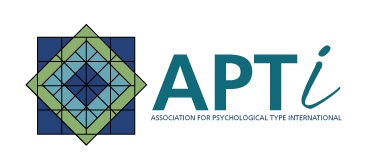StandardsClick on any of the standards to read a detailed description. Printable Version - Printable Summary APTi Ethical Standards for All Users of Psychological Type 1. Present personality types, preferences, styles, temperaments, etc. as normal differences. Avoid bias or stereotyping; demonstrate a balanced respect for all types.
2. When you are seeking an introductory psychological type experience for yourself, for acquaintances, or for professional clients, obtain or provide an interactive experience conducted by a trained professional. Obtaining a report from the Internet is not enough. Ethical use of psychological type, and of related type assessments and appraisal methods, requires that people be able to evaluate the accuracy of assessment results and come to their own conclusion about which type pattern fits them best (their “BestFit Type”). The effectiveness of every type application depends on people having verified their Best-Fit Type.
5. When sharing type information, distinguish between research and anecdotal experience. Avoid unverified speculation; stick to the actual data. When you use stories to bring psychological type to life, clearly describe them as anecdotes or observations that illustrate certain aspects of type-related behavior.
13. When working in other countries, or with people from other countries, keep in mind that while type is universal, culture has an effect on how type patterns are expressed.
14. Represent your expertise accurately.
15. Abide by state and federal laws regarding use of psychological instruments.
Copyright 2022 by Association for Psychological Type International. All rights reserved.
|
